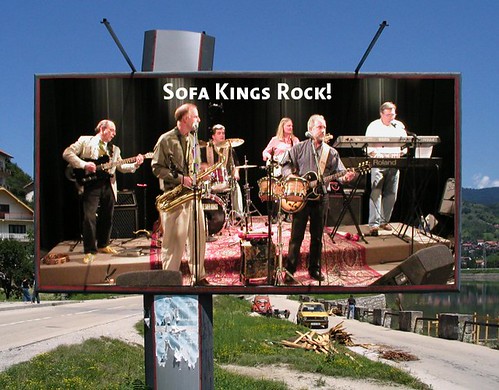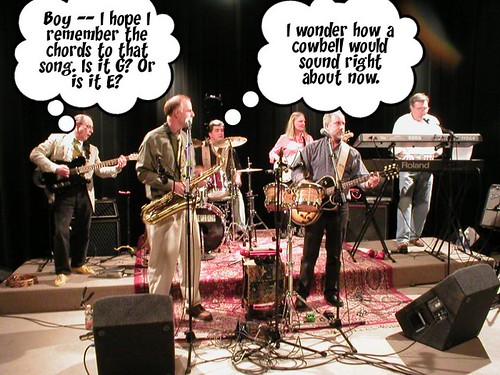I use Bloglines as my RSS feeder and I have become convinced how valuable such an aggregator can be (for some reason, I wasn’t always that convinced of its value and thought it more a nuisance that I would have to work hard at, but that is not the case — it works hard for me). The RSS aggregator really allows me to “pull” the things that I am interested in right to me, instead of barreling through the world of links left and right, aimlessly hoping for some semblance of substance. It also leads me to other interesting areas of the wired world, sometimes unexpectedly.
Recently, a feed from Will Richardson’s Weblogged site led to me to a posting by Joyce Valenza, who charts out what the world was like for a librarian in the 1970s, how the world is different now, and what the implications are for all that for the future of education. The chart — entitled How My Life Has Changed/How My Life Will Change — is very interesting and covers a lot of ground. Although it deals with library science, the topics are valuable for any educator.
Here is an interesting observation from Joyce about what students need as researchers and the dangers of access issues:
Need to introduce a fuller information toolkit. Need to promote lesser known or used tools—subscription databases, alternate search tools, ebooks. Potential for an information underclass! Need to help students determine where to start. Need for high quality federated searching to cut through the noise? May need to promote the value of books for some projects.
And this, about the reconfigured use of the library space by teachers and students, seems very insightful, too:
Increasing need for group, creative production space—iMovie, podcasting, blogging. Library as group planning/collaborating space. Library as performance, presentation space. Library as event-central, telecommunications, remote author/expert visit space. Library continues as study/reading/gathering/cultural space.
Peace,
Kevin






